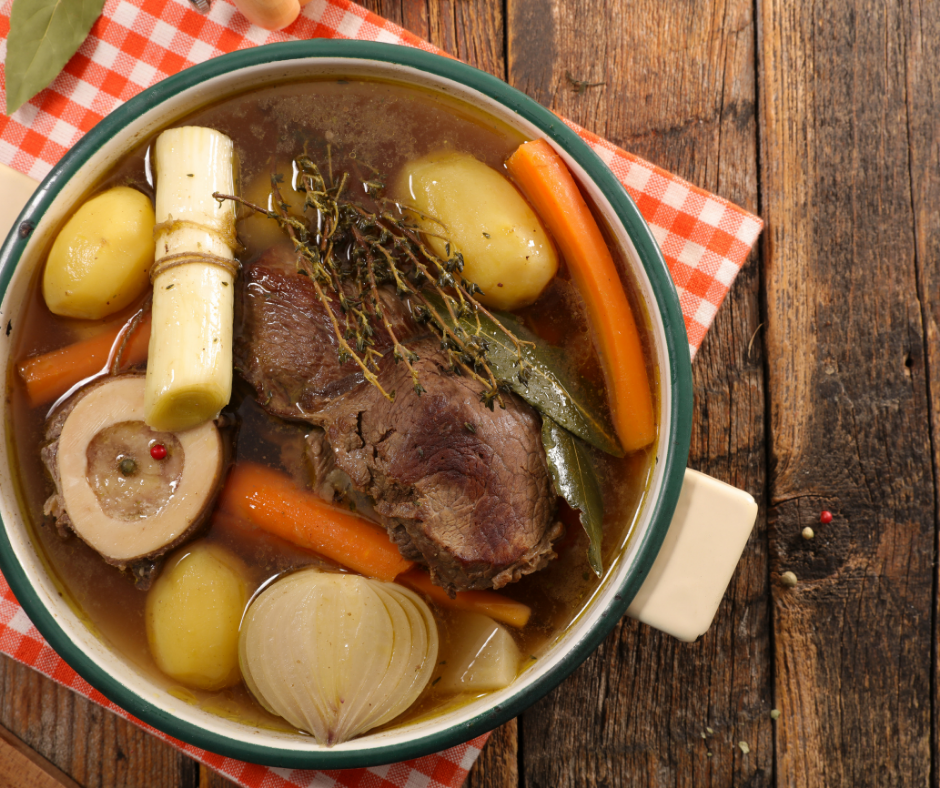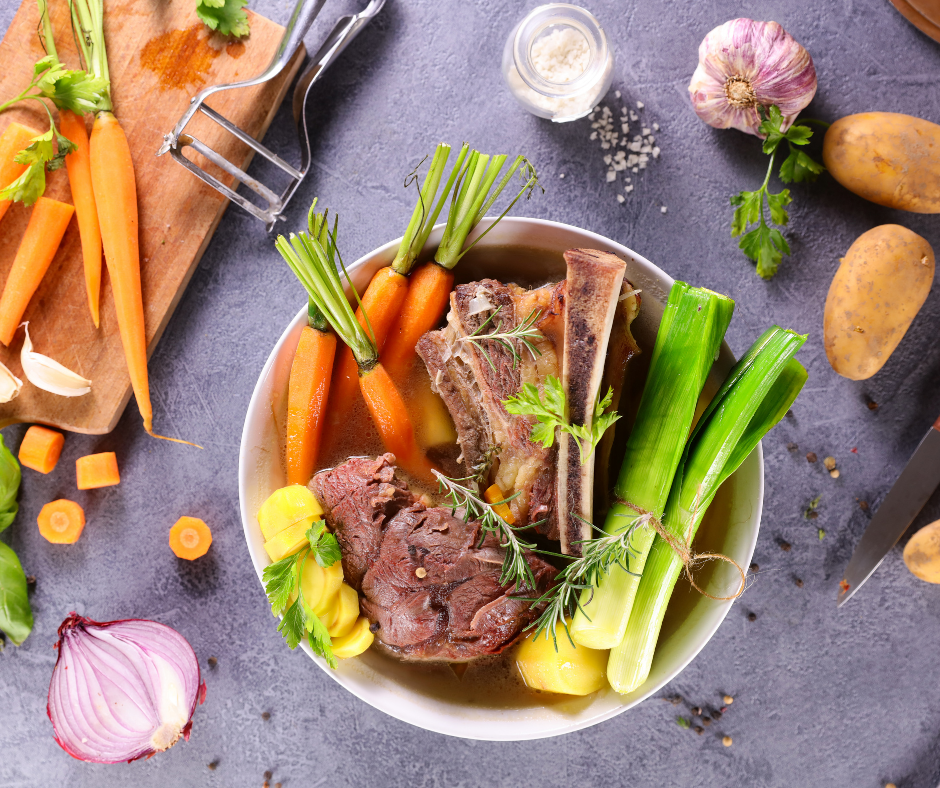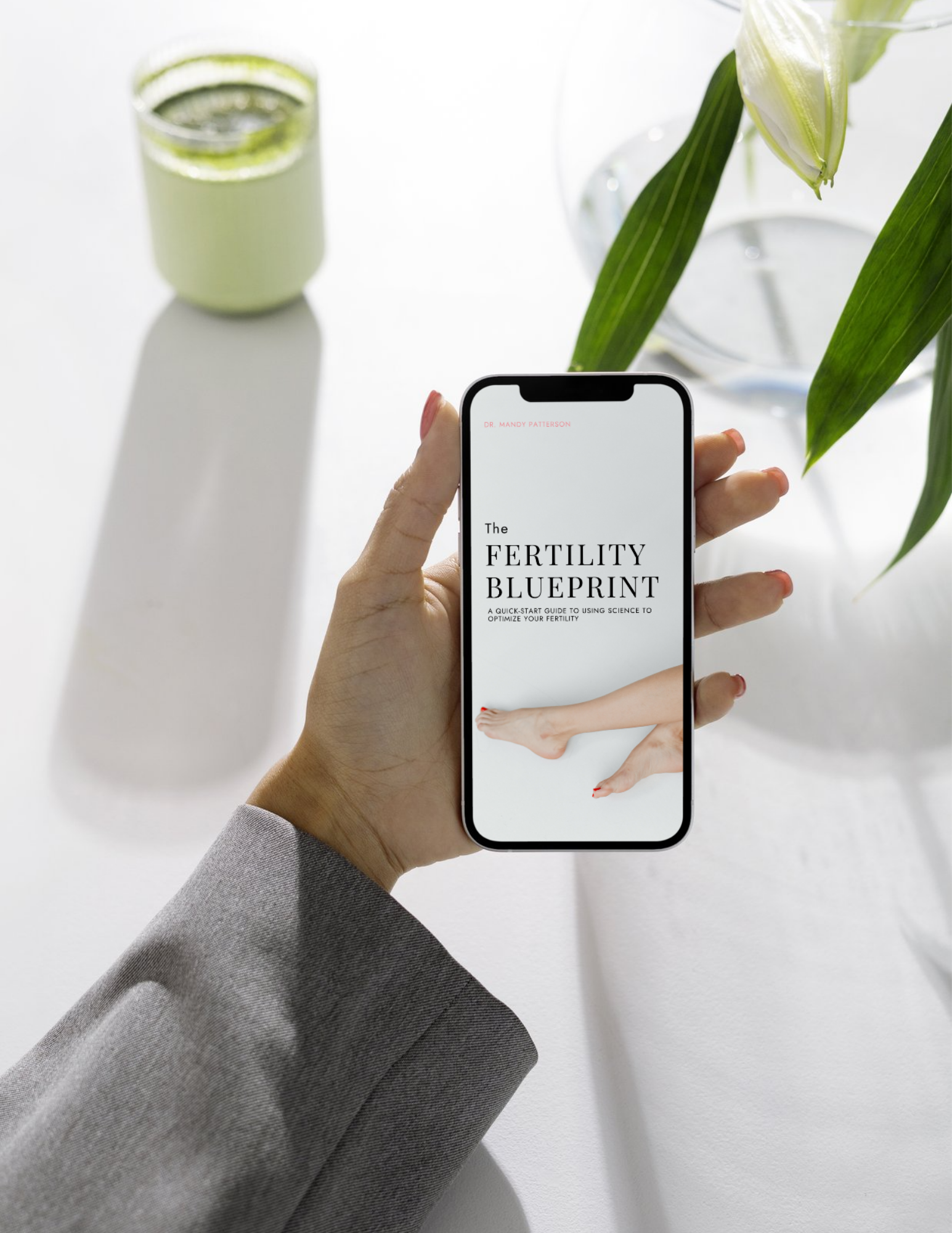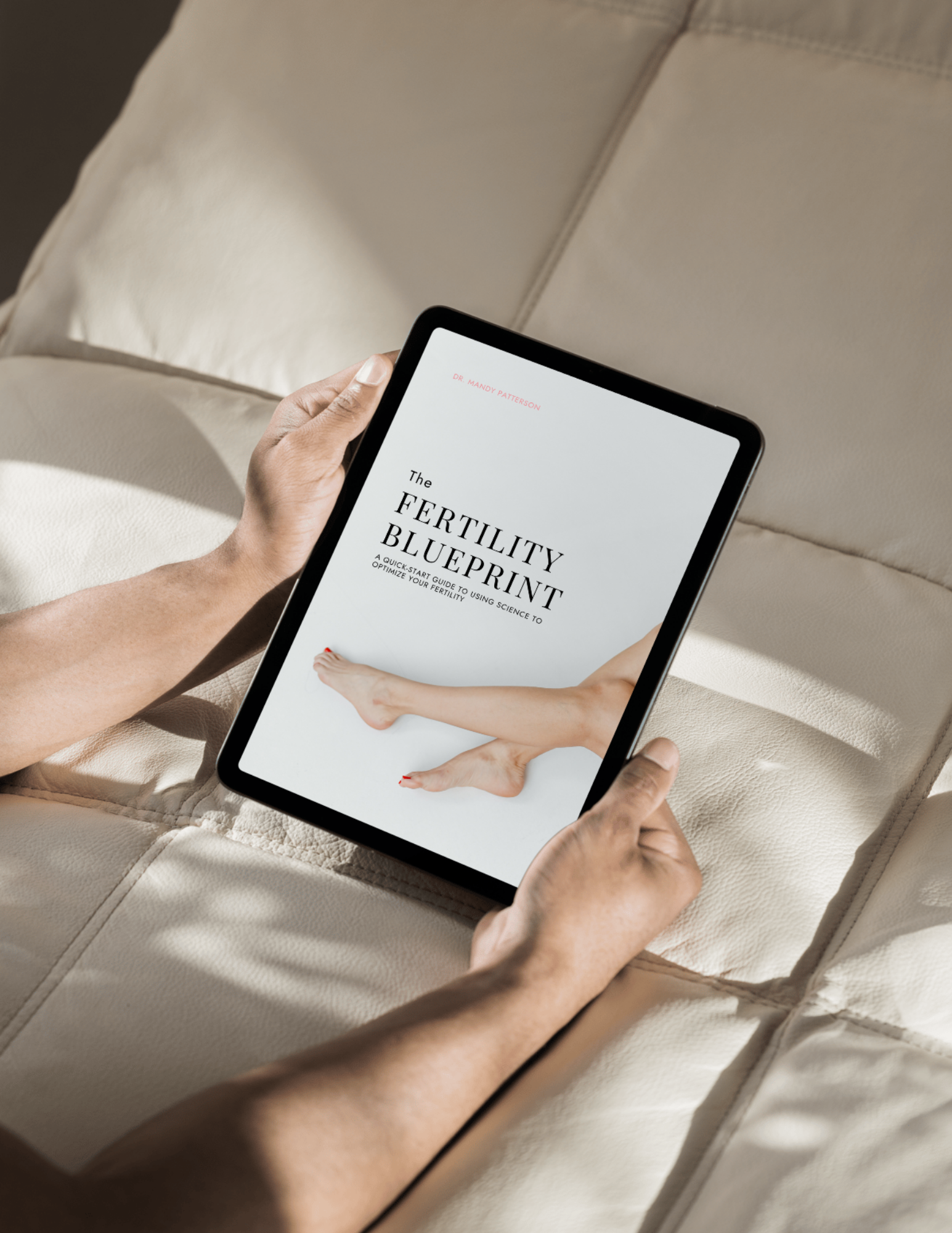If you’re anything like most new moms, you’ve done extensive research on how to take care of your body during pregnancy. You’ve probably made a detailed birth plan and spent hours prepping the nursery. One thing you might not have considered amidst all the other new mom to-do’s is your postpartum meal plan.
The time after birth is a sacred bonding time between baby and new mom. It’s a time for rest and recovery. You just spent nine months growing another human being, you deserve to recuperate! The best way to replenish your body after birth is through diet. That’s why postpartum meals are so important to mom (and baby, especially if you’re breastfeeding)!
Eating nutrient-dense foods and having a solid postpartum nutrition plan in place is paramount for a new mom’s recovery and health.
In this article, we will discuss:
- Why Postpartum Nutrition is Important
- What Traditional Diets Teach Us About Postpartum Recovery
- What You Should Eat To Optimize Postpartum Recovery
- Five Postpartum Make-Ahead Meal Tips
- Work With A Holistic Health Coach
Ready to learn about one of the most profoundly useful things for the first six months of life after pregnancy? Good, keep reading!
Why Postpartum Nutrition is Important
The assumption that nutrition during pregnancy is what matters and after the baby is out, you’re off the hook is incorrect. Nutrition postpartum is just as, if not MORE, important than during pregnancy.
When thinking about why postpartum nutrition is important, you have to remember two things: you’re physically recovering from labor, and lactation places high demands on your body.
Nutrient deficiencies in the postpartum period can lead to issues like a higher risk for postpartum depression. It also makes it harder for your body to balance hormones, heal the internal wound left by the placenta, shrink your uterus back to size, and so much more!
Research shows that nutrient depletion can affect the production of key mood-regulating neurotransmitters, like serotonin. This lowers levels of folate, vitamin D, iron, selenium, zinc, fats, and fatty acids which have all been associated with a higher risk of postpartum depression.
Also, technically, you’re still growing a baby! Your baby is just outside of the womb – but that doesn’t mean nourishing yourself should drop in priority.
What Traditional Diets Teach Us About Postpartum Recovery
In the past and in traditional cultures women were taken care of by their family/village after giving birth. It was customary for other women to take on tasks like cooking and cleaning to help the new mom rest, recover, and bond with the baby. Unfortunately, not everyone has that type of support in today’s modern 21st century world. But, there is a lot we can learn about postpartum recovery by looking at these traditional diets.
While there are clear regional differences, one thing remained the same: animal products.
Rich bone broths, organ meats, eggs, and seafood are all mainstays of a traditional postpartum diet.
Healing tissues that have been stretched, torn, or cut (I see you c-section mommas) requires, plenty of protein, especially the amino acids glycine and proline. These are found in abundance in the connective tissues, bones, and skin of animal foods.
Nutrients found in these diets are helpful in healing and milk production for new moms. In addition to animal products, “warming foods” such as stews, herbal teas, and porridges are common, as well as “warm” spices like ginger and cinnamon.
You can learn a lot more about traditional diets and pregnancy through the books The Nourishing Traditions Book of Baby & Child Care by Sally Fallon and Real Food for Pregnancy by Lily Nicholes.

Healing tissues that have been stretched, torn, or cut (I see you c-section mommas) requires, plenty of protein, especially the amino acids glycine and proline. These are found in abundance in the connective tissues, bones, and skin of animal foods.
What You Should Eat To Optimize Postpartum Recovery
Okay, so you’re on board with creating a postpartum meal plan but what should you eat to optimize postpartum recovery? You want the hard and fast facts about what foods to eat. Advice like anti-inflammatory, nutrient-rich foods isn’t going to cut it. You’re a new mom and your brain cells are busy trying to catch up on sleep, I get it.
I’ll make it simple, here are the foods you should eat to optimize postpartum recovery:
- Liver
- Bone Broth
- Grass-fed beef
- Eggs
- Wild-caught Salmon
- Leafy Greens
- Coconut oil
- Oatmeal
- Quinoa
- Yogurt
- Kefir
- Sauerkraut
This list is by no means exhaustive so here are a few guidelines you can follow:
- Soups, stews, and slow-cooked meats made with bone broth
- High-iron/high-protein foods
- High-fat foods like ghee/fatty fish/nuts and seeds (enrich your breast milk and keep you full longer)
- Foods rich in omega-3 fats
- Iodine rich foods
- Soft-cooked vegetables (they’re easier to eat and digest)
- Well-cooked grains and starches
- Probiotics for gut health
RELATED: FIVE HOLISTIC TIPS FOR A HEALTHY PREGNANCY
Five Postpartum Make-Ahead Meal Tips
As a new mom you’ve got a lot on your mind. While you may have family members or a community of women who will bring you meals after the baby is born, you can’t always rely on them. Even if you have that type of support, and especially if you don’t, making meals ahead of time for postpartum is critical.
Having prepared food in the freezer is one less thing to worry about. You’ll thank yourself later, trust me.
Here are five postpartum make-ahead meal tips you don’t want to forget:
- Make filling, one-handed snacks that you can easily grab when that gnawing hunger the first week of breastfeeding hits.
- Make it easy for people to help you out. That may look like freezing large batches of meat-based meals like pulled pork and asking family members to make a salad or vegetable side to go with it. You don’t have to look at every freezer-meal as a self-contained dinner.
- Don’t forget about breakfast! It’s easy to get side-tracked by making a lot of dinner meals but breakfast is just as important. Oatmeal bakes and mini-quiches are all great make-ahead breakfast meals.
- Don’t stress about not cooking as much as you’d planned to before the baby arrives. Anything you can cook will be helpful, don’t feel guilty about not having the “perfect” amount.
- Warp foods in parchment paper to avoid freezer burn and try to use freezer-safe glass containers versus aluminum or plastic to avoid environmental toxins that can seep into your food from those materials.
Work With a Holistic Health Coach
These postpartum meal tips for new moms will save you a lot of stress. Remember, the goal isn’t perfection, variety and awareness are key! If you want to go deeper, work with a holistic health coach six weeks postpartum to check in-depth labs and look for micronutrient deficiencies.
As a Certified Holistic Health Coach, and mom of six, I love helping new moms!
Learn more about how to work with me by filling out the form on my contact page!
Mandy Patterson


















